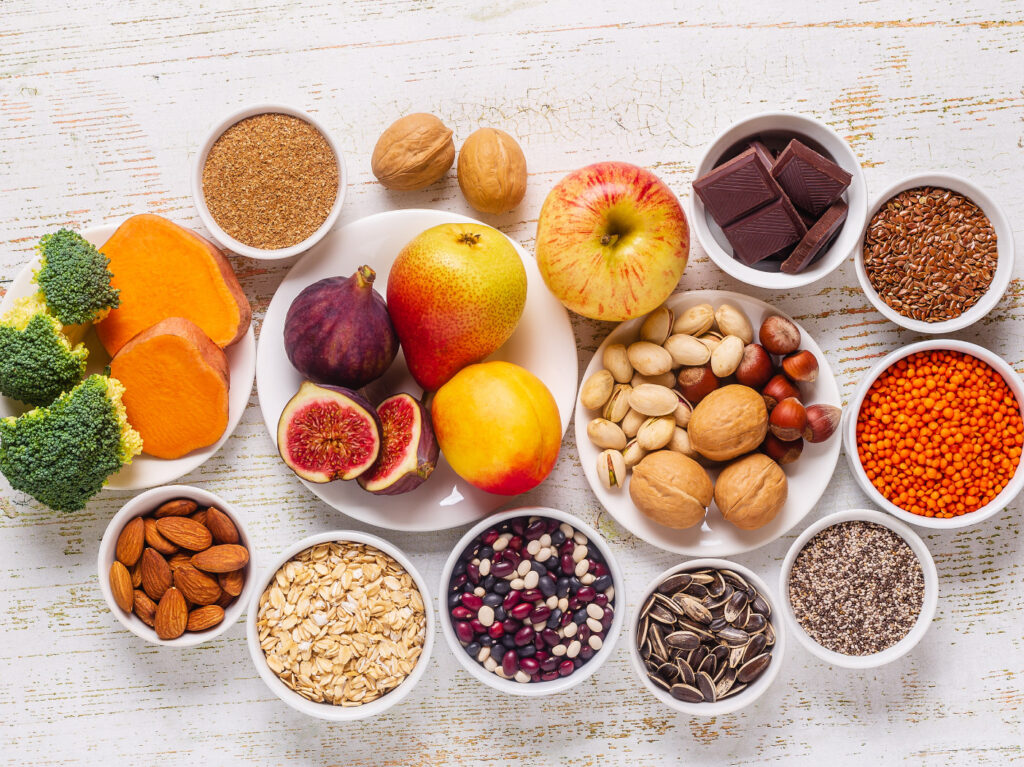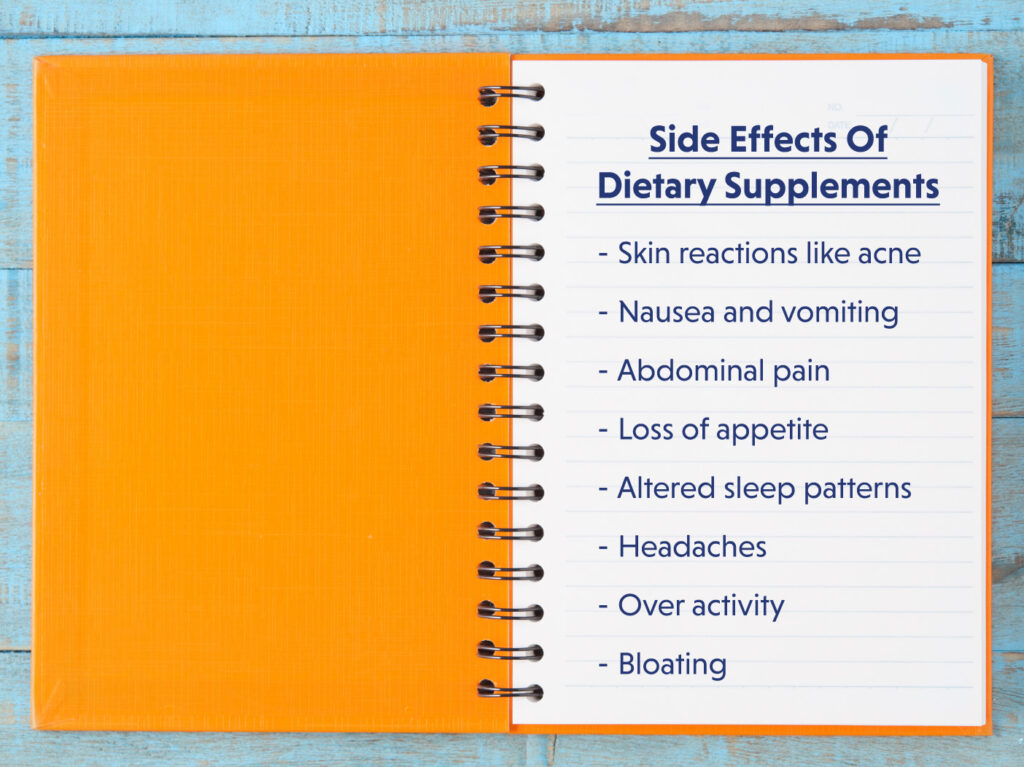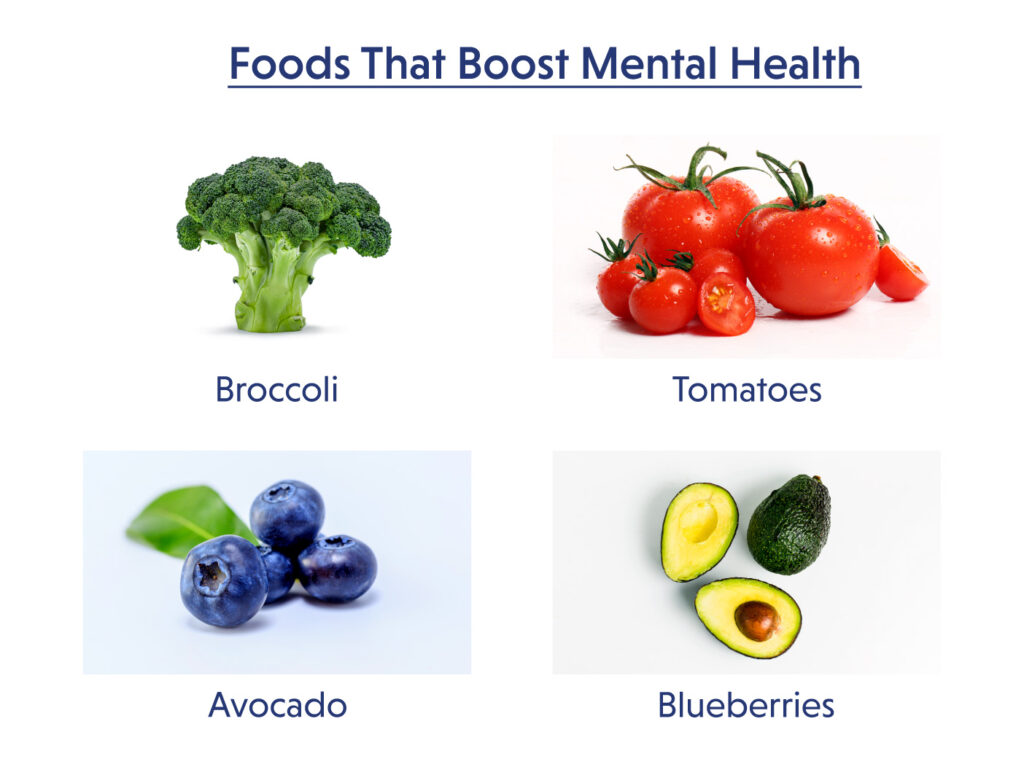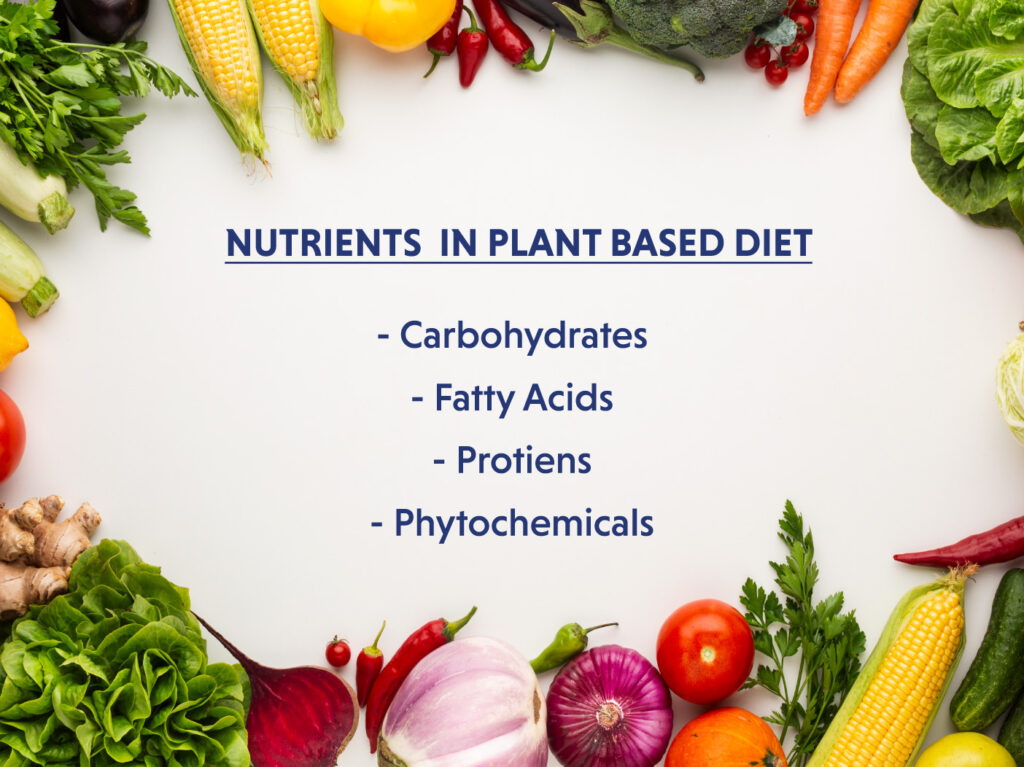Did you know children get stressed too? Children are precious gifts, but they are also people, and childhood stresses are a part of a child’s development. To help children manage their stress effectively and learn how to handle it, parents can implement the tips below.
Signs of stress in children:
Signs of stress in children can manifest in many ways. Children who have not learned to manage stress effectively are more prone to developing behavioural issues, such as bullying and substance abuse. Some common signs of stress in children include changes in sleeping and eating patterns, increased clinginess, outbursts of anger, and withdrawal from activities they normally enjoy. If your child is exhibiting any of these behaviors, it may be a sign that they are experiencing stress.
There are many things that can cause stress in children. Some common causes include family pressure, competitiveness, jealousy, bullying, and social media trolling. If your child is experiencing stress, it is important to talk to them and help them find healthy ways to cope.
How to help children manage their stress.
Children are under duress these days. They are expected to do well in school, make friends, and participate in extracurricular activities. It’s no wonder that many children feel stressed out.
They live in a challenging world that presents many triggers for stress and anxiety.
With all of the unrest in the world, it’s hard to give your kids all the security they crave. We know that a child’s emotional health is about more than feeling safe but feeling connected to those around them. How do you help children manage their stress?
Here are some ways you can help children to manage stress
- Let them talk about stress
To help children manage their stress, it’s important for children to understand what stress is and how it can affect them. Talking about stress can help children identify their own triggers and learn how to cope with them. It can also help children feel more in control of their stress and feel better equipped to deal with it.
- Make them feel safe and cared for
When children are feeling stressed, it is important to make them feel safe and cared for. This can help them to manage their stress and feel more comfortable. There are a few things that you can do to help your children manage stress. First, you can talk to them about what is causing their stress. This can help them to understand what is happening and why they are feeling this way. Second, you can offer them support and reassurance. This can help them feel that they are not alone in their stress and that you are there for them. Finally, you can offer them some coping strategies to help them deal with their stress. This can include things like deep breathing exercises or relaxation techniques.
- Teach children coping mechanisms
Stress can lead to physical symptoms like stomach aches and assumed pain. It also affects a person’s ability to think clearly and make decisions. Kids who get stressed often don’t know how to deal with the feelings that cause them problems. Help your child learn how to relax and think rationally when they’re under pressure.
- Practice problem-solving

Practicing problem-solving can help children manage their stress. By teaching them how to identify and solve problems, they can develop the skills they need to cope with stressful situations. This can help them feel more confident and in control, and less overwhelmed by stress. Helping children practice problem-solving is a valuable way to support their emotional well-being.
- Teach them to avoid negative thinking
When children focus on the negative, they tend to feel overwhelmed and stressed. But when they focus on the positive, they feel more capable and in control.
So how can you help your child focus on the positive? One way is to encourage them to think about what they’re grateful for each day. Gratitude helps children shift their perspective from what’s wrong in their lives to what’s right.
- Teach them to have a good night’s sleep and do exercise
When children are feeling stressed, it is important for them to get a good night’s sleep and to do some exercise. Exercise will help to release some of the tension they are feeling, and a good night’s sleep will allow their bodies and minds to relax.
- Spend joyous time together

Children often feel stressed when they are away from their parents or guardians. Doing joyful activities together can help children manage their stress. This can be done by engaging in activities that the child enjoys, such as playing games, reading stories, or going for walks. It is also important to listen to the child and offer support and reassurance. By doing these things, parents and guardians can help reduce the amount of stress in the child’s life.
- Give them a chance to use their strengths in everyday life
It’s important to give a child a chance to use their strengths in everyday life to help manage their stress. This could be something as simple as letting them choose what to wear in the morning or giving them a say in what’s for dinner. It’s also important to encourage a child to be active and get outside, as this can help relieve some of their stress. By giving children the opportunity to use their strengths, they will lead happier, healthier lives.
When children suffer from too much stress, they may not cope with the onslaught of challenging emotions very well. Understanding the origins of their stress and learning how to help them manage it can be a key factor in how well they function at home, school, and in other important situations. Parents should not underestimate their power to help reduce the amount of stress that their kids have.
Practicing these steps on a regular basis will help your child to become more adept at handling their stress. The results may seem small at first, but over time they will grow.
Joyscore is an app that helps you to focus on positive thoughts. You can reduce stress and live a happier, healthier life.
So download JoyScore today and start living your best life!









